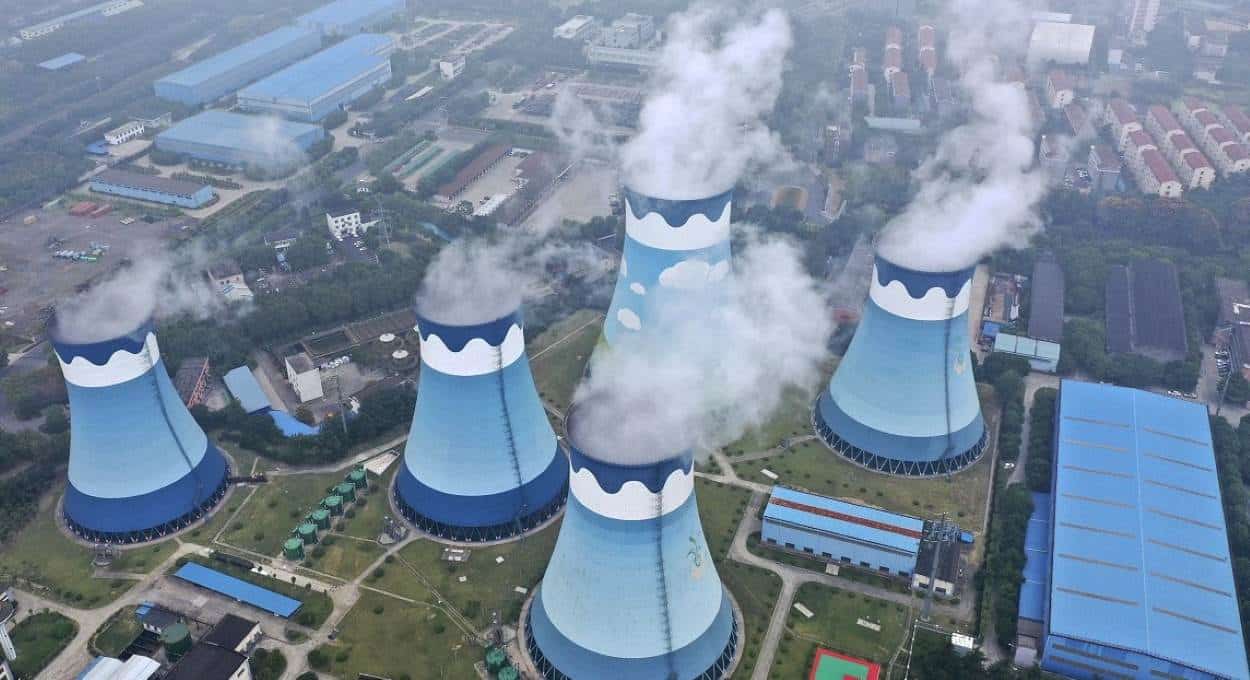Chinese Independent Power Producers (IPPs) under the China-Pakistan Economic Corridor (CPEC) declined to waive Late Payment Surcharges (LPS) as part of Pakistan’s plan to settle Rs1,257 billion in circular debt.
The Central Power Purchasing Agency (CPPA) is finalising a deal with 18 commercial banks to clear Rs1,257 billion in circular debt at a concessional rate of KIBOR minus 0.9% (approximately 10.1%). Disbursement is expected within 15 days of agreement. However, the refusal by Chinese IPPs and the Development Finance Corporation (DFC) to forgo LPS and interest payments poses a hurdle, as tariff relief depends on these waivers. The International Monetary Fund (IMF) has yet to approve the procedural framework, adding uncertainty.
Chinese IPPs’ Outstanding Dues
From 2017 to 2025, Chinese IPPs billed Rs5.48 trillion and received Rs5.06 trillion, leaving Rs423 billion outstanding (92% payment rate). Major dues include Rs87 billion to Huaneng Shandong Ruyi (coal), Rs85 billion to Port Qasim Electric Power, and Rs70.4 billion to China Power Hub Generation. The breakdown shows Rs15.71 billion in Energy Purchase Price (EPP), Rs230 billion in capacity repayments, and Rs177.7 billion in interest payments.
Read: Fitch Forecasts Pakistan GDP Growth at 3.5% by 2027
Finance and power ministry officials confirmed that arrangements are in place, despite distractions from recent flash floods. Finance Minister Muhammad Aurangzeb, set to visit China next month to discuss a Panda bond, aims to resolve the issue. Ongoing talks with additional IPPs seek to reduce tariffs, but the impact remains unclear. Prime Minister Sharif’s visit will prioritise addressing the Rs423 billion owed to Chinese IPPs.
The refusal to waive LPS could increase financial strain on Pakistan’s power sector, already grappling with circular debt. The government’s push for a homegrown tariff reform agenda, independent of IMF influence, underscores its commitment to sustainable economic growth. Resolving this issue is critical to strengthening CPEC ties and ensuring energy sector stability.






